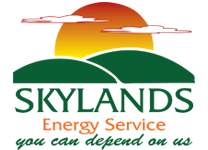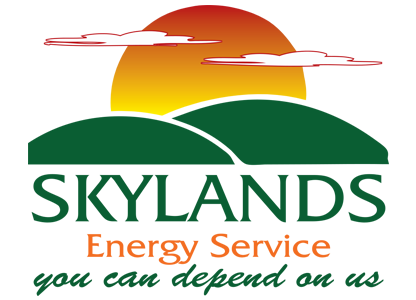
Heat pumps are modern heating options that are widely used by homeowners. They utilize electricity instead of combustible fuel sources like most boilers or furnaces do. Therefore, fire is not needed. Heat pumps generate heat by operating like air conditioners in reverse during winter. The refrigerant accumulates the heat from outside and releases it inside the house. You will then feel your home warming up after a while. Homeowners are converting to heat pumps because they are highly reliable and efficient. However, a heat pump in winter can also experience problems like other heating units. Keep reading to learn what can happen and what can be done about them. Professional HVAC technicians also provide additional information and heating service assistance.
Top Heat Pump Issues Homeowners Experience in Winter
Table of Contents
What does winter look like in your area? Some regions experience mild winters, where homes barely need to use a heater. On the other hand, other places get thick snow daily, so they need a strong heating unit to keep the cold away. Many enjoy a moderate climate wherein winter becomes bearable when they have the right heating system. Heat pumps are the best equipment in safe zones. Mild to moderate temperature shifts in your area mean that heat pumps can probably serve you well year-round. Contact an HVAC professional if you notice your unit struggling in any way. They can evaluate the situation for you.
Here are six common issues you may encounter with your heat pump in the winter:
Inadequate Heat Pump Heating
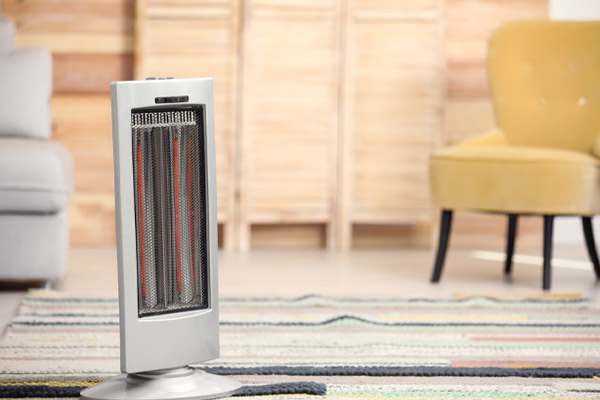
Furnaces produce large amounts of heat, so they are suitable for harsh winters. Alternatively, heat pumps work well in winter climates that aren’t as intense. This may confuse new owners, but this is a typical heat pump feature. Fortunately, heat pumps offer great heat distribution throughout a home. They can also run longer while sustaining their output. You will receive uniform temperature and airflow throughout the day. An unusually harsh winter day may require you to use a space heater or another auxiliary heating unit with the heat pump.
Frozen Outdoor Heat Pump Unit
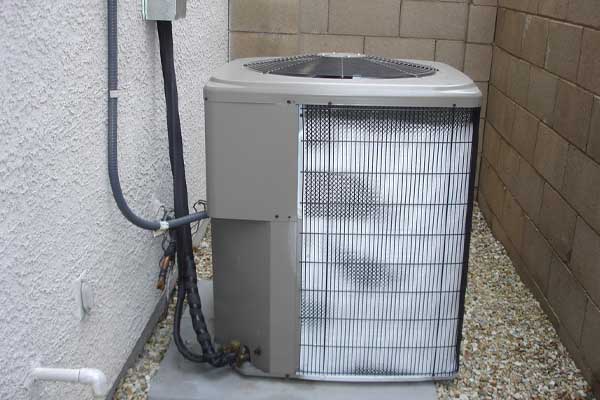
Outdoor units may become cold, but they shouldn’t get frozen. Visually check them periodically. If there is ice around it, act quickly. Ice can cause an airflow blockage and keep the unit from functioning as it should. If neglected, it can result in long-term damage. A thin ice layer can melt on its own, but thick ice that stays for long periods needs intervention. Heat pumps are equipped with a defrost feature. It can be forced manually or can run automatically. The ice should melt within 10 to 15 minutes. Use a supplemental heat source as the pump defrosts. Call an HVAC expert for a permanent solution if the outdoor unit repeatedly freezes.
Nonstop Heat Pump Operation
Heat pumps run on multiple cycles until the set temperature is achieved. They stop after that and wait for the conditions to change before switching on again. A unit that constantly runs may be because of a temperature setting it cannot achieve. Cold air may be leaking into the home, preventing it from getting adequately warm. Close all windows and doors. Utilize weatherstripping to prevent air from leaking indoors. Consider improving your wall and attic insulation as well. HVAC professionals can thoroughly inspect and provide viable solutions per your budget.
Cold Air from HVAC Vents
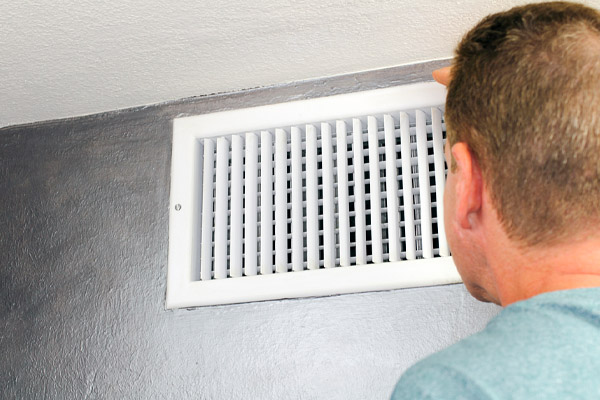
Placing your hand close to the vents should let you feel hot air coming out. If it produces cold air, the system is experiencing a malfunction. Blocked paths may cause the air not to circulate well. All vents and registers should be opened. Check if the heat pump is in defrost mode as well. If it is, wait for the process to finish, and its operations should return to normal. If the problem persists, call a professional for assistance.
Heat Pump Drip
Moisture can accumulate in the heat pump. This is primarily caused by condensation. This also occurs in air conditioners. The water droplets should drop into a drain pan where it is drained out of the system. If water drips from the unit, the drainage may not work normally. The system may be overwhelmed with rain or snow from a recent storm. Check if this stops after some time passes. The heat pump may also be placed on an uneven surface, causing it to rock to and fro. This can cause the water to spill out instead of flowing down the right path. Find out how you can flatten the surface to fix this.
Nonfunctional Heat Pump Unit
A heat pump can operate 24/7, automatically sensing when to bring in more heat. If you find the unit suddenly switched off, determine the reason. Someone may have manually shut it down to save energy. Check the plug and breaker as well. Reset it to see if it turns on again. If your heat pump is old, it may have a malfunctioning component. The only way to verify this is to have an HVAC technician inspect the unit and find the exact cause.
Conclusion
Awareness provides relief. You can take measures to prevent heat pump issues if you know the most common ones. You can also deal with them quickly if they happen. At the very least, you can recognize the signs and relay them to trusted HVAC technicians. They will utilize your input to troubleshoot your HVAC system effectively. This way, your home can return to normal faster.
Call Skylands Energy Service For All Your HVAC Requirements
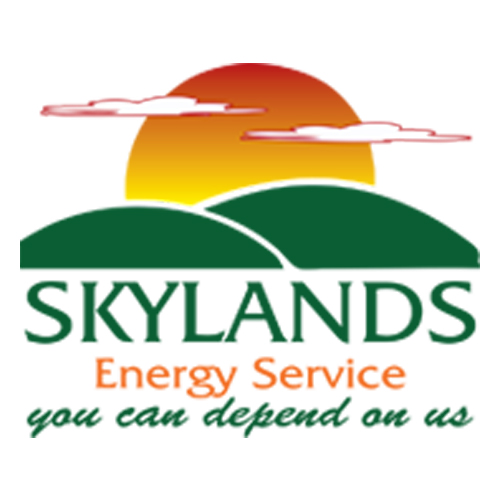 Skylands Energy Service offers impressive heating and cooling services in central New Jersey. Our company has the best professionally certified technicians who can provide correct and timely HVAC services. Each of our friendly techs can maintain, repair, install, or replace your HVAC system using their extensive knowledge, skills, and experience.
Skylands Energy Service offers impressive heating and cooling services in central New Jersey. Our company has the best professionally certified technicians who can provide correct and timely HVAC services. Each of our friendly techs can maintain, repair, install, or replace your HVAC system using their extensive knowledge, skills, and experience.
We guarantee to have the most competitive HVAC service costs in the area. Our tune-up services can increase your energy efficiency, enhance comfort, and improve indoor air quality while reducing energy expenditure. If you need to repair or replace your HVAC unit, we can help you find the best one for your home and budget. We guarantee all our work because we prioritize your satisfaction. Contact Skylands Energy Service today to schedule your next heat pump maintenance or service appointment. We offer free, in-home estimates. Call now!
Contact us now at (908) 707-1776 to find out more! Click the link to view our service area.
